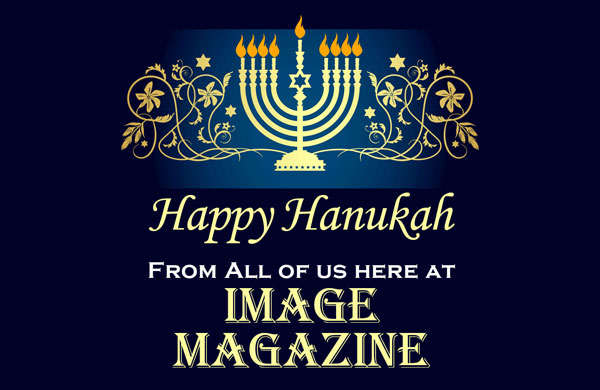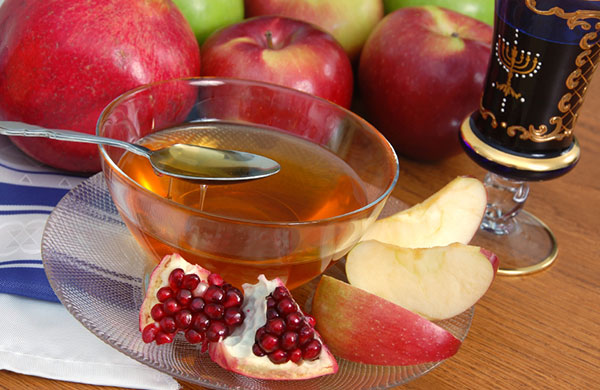Shavuot commemorates the single most important event in Jewish history—the giving of the Torah at Mount Sinai.
Shavuot is the culmination of the seven-week-long “counting of the Omer” that occurs following Passover. The very name “Shavuot” means “weeks,” in recognition of the weeks of anticipation leading up to the Sinai experience. Shavuot occurs 50 days after the first day of Passover.
3,300 years ago, after leaving Egypt on the night of Passover, the Jews traveled into the Sinai desert. There, the entire Jewish nation directly experienced divine revelation:
G-d spoke to you from the midst of the fire; you were hearing the sound of words, but you were not seeing a form, only a sound. He told you of His covenant, instructing you to keep the Ten Commandments, and He inscribed them on two stone tablets (Deut. 4:12-13).
The giving of the Torah was an event of awesome proportions that indelibly stamped the Jewish nation with a unique character, faith and destiny. And in the 3,300 years since this event, Torah ideals: monotheism, justice and responsibility have become the moral basis for Western civilization.

How to Celebrate
On Shavuot, there are no symbols like a shofar, no sukkah, or Hanukah menorah to distract us from the central focus of Jewish life: the Torah. So how do we commemorate Shavuot? It is a widespread custom to stay up the entire night learning Torah. And since Torah is the way to self-perfection, the Shavuot night learning is called Tikkun Leil Shavuot, which means “an act of self-perfection on the night of Shavuot.”
It is customary to decorate the synagogue with branches and flowers. This is because Mount Sinai blossomed with flowers on the day the Torah was given. The Bible also associates Shavuot with the harvest of wheat and fruits, and marks the bringing of the first fruits to the Holy Temple as an expression of thanksgiving.
Dairy Foods
There is a universal Jewish tradition of eating dairy foods on Shavuot. The reason has been offered by many scholars, some of which are more convincing than others. We offer two:
The Biblical book Song of Songs (4:11) refers to the sweet, nourishing value of Torah by saying: “It drips from your lips, like honey and milk under your tongue.”
Upon receiving the Torah at Mount Sinai, the Jews immediately became obligated in the laws of Sh’chita—slaughter of animals. Since they did not have time to prepare kosher meat, they ate dairy instead.
Pilgrimage to the Western Wall
In 1967, the Six Day War ended just a few days before Shavuot. Israel had reclaimed the Western Wall, and for the first time in 19 years Jews had access to the area surrounding the Temple Mount, Judaism’s holiest site. On Shavuot itself, the Western Wall became open to visitors, and on that one memorable day, over 200,000 Jews journeyed by foot to the Western Wall. (In Jerusalem, no cars or buses run on Jewish holidays.)
In subsequent years, this “pedestrian pilgrimage” has become a recurring tradition. Early on Shavuot morning—after a full night of Torah learning—the streets of Jerusalem are filled with tens of thousands of Jews walking to the Western Wall.
This tradition has Biblical precedence. Shavuot is one of Judaism’s three main pilgrimage festivals, where the entire nation would gather in Jerusalem for celebration and study.
________________
This article originally appeared on Aish.com.


